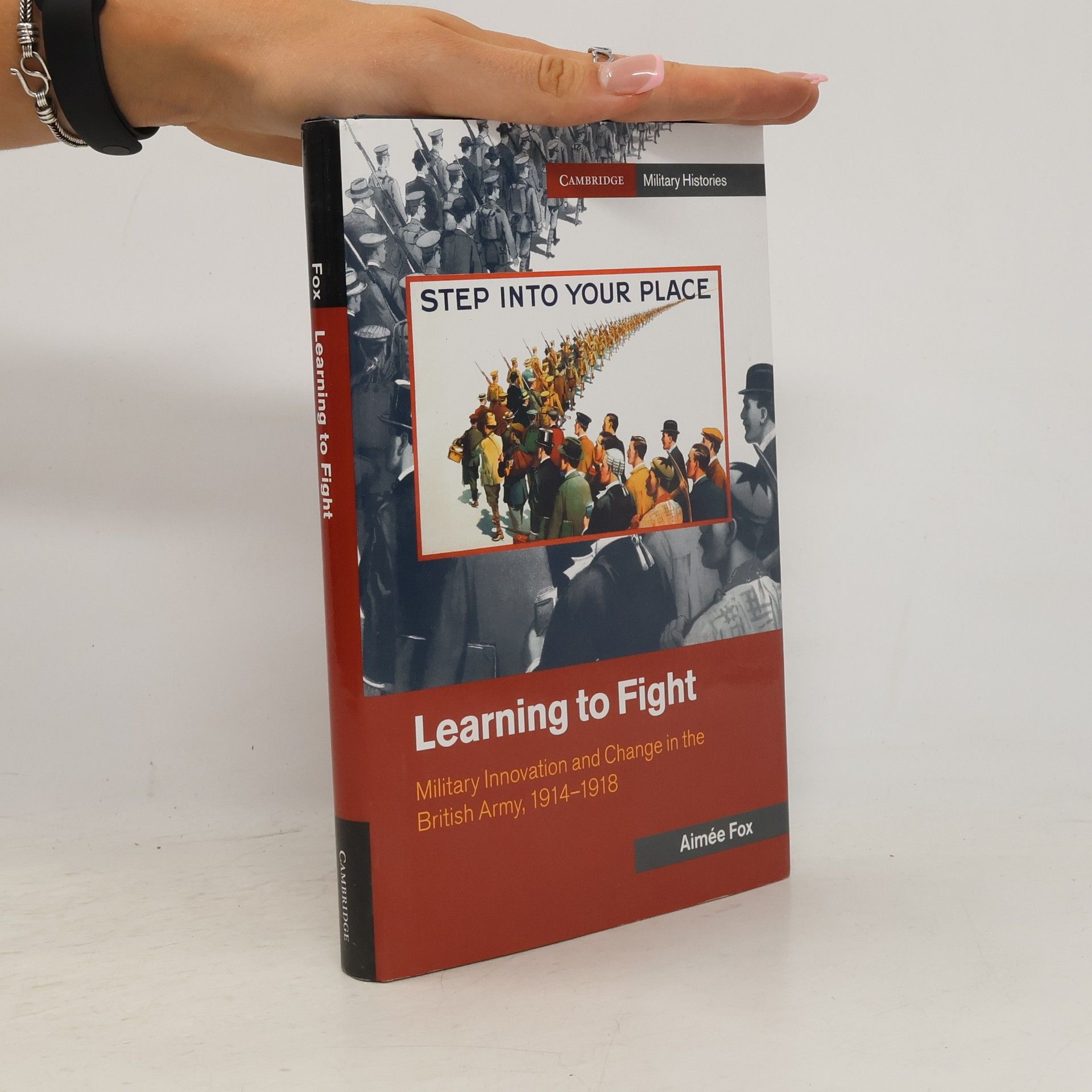Combat and Genocide on the Eastern Front
- 440bladzijden
- 16 uur lezen
The German Army's actions in the east reveal a complex interplay between military necessity and ethical considerations. This examination delves into how the army's adherence to this concept led to contradictory behaviors, impacting both military strategy and humanitarian implications during the conflict. The analysis provides insight into the moral dilemmas faced by soldiers and commanders, highlighting the tensions between operational objectives and the consequences of their decisions on civilian populations.

